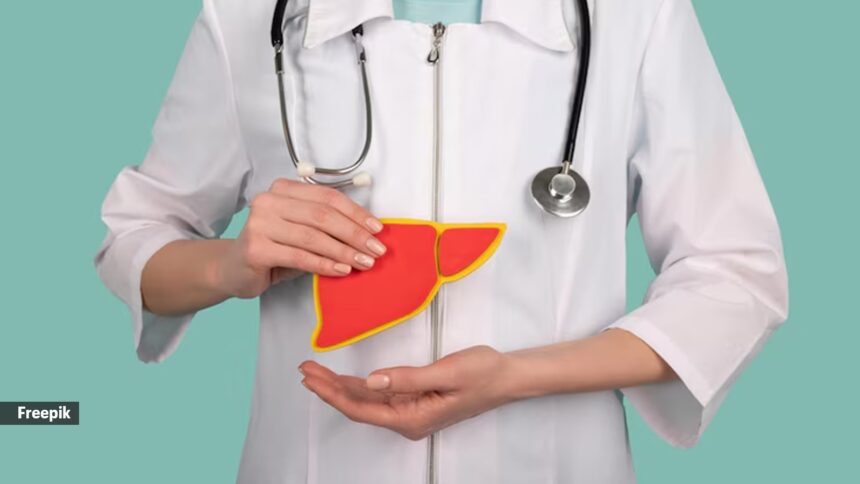There has long been debate over which fats are good for health — particularly when it comes to commonly used ingredients in Indian kitchens like ghee, coconut oil, and butter. These traditional fats have loyal supporters, especially among influencers and nutritionists, who tout their purity and supposed health benefits.
However, hepatologist Dr Cyriac Abby , known on social media as TheLiverDoc, offers a very different perspective on liver health. He wrote on X, “Switch from saturated fats like coconut oil, clarified butter (ghee), lard and butter to refined (for cooking), unrefined and cold pressed (for direct use) seed oils rich in monounsaturated and polyunsaturated to experience improved liver tests and reduce liver fat.”
His guidance also contradicts the growing perception that traditional = healthier. His message reframes the discussion: tradition doesn’t always equal optimal, especially when viewed through the .
Dr Manoj Gupta, head, Liver Transplant and Surgical Gastroenterology at PSRI Hospital, tells , “Yes, growing clinical research supports this claim. Saturated fats, including those found in ghee, butter, coconut oil, and lard, are known to contribute to , especially in people at risk of or already diagnosed with non-alcoholic fatty liver disease (NAFLD). Studies published in journals like and have found that high intake of saturated fats can increase hepatic triglyceride levels, worsen insulin resistance, and trigger inflammatory pathways in the liver.”
Switch from saturated fats like coconut oil, clarified butter (ghee), lard and butter to refined (for cooking), unrefined and cold pressed (for direct use) seed oils rich in monounsaturated and polyunsaturated to experience improved liver tests and reduce liver fat.
— TheLiverDoc (@theliverdr)
Dr Jagadish Hiremath, public health intellectual, adds, “While traditional fats like ghee and coconut oil are culturally significant and consumed in moderation in many Indian households, excessive and regular intake, especially in the context of a sedentary lifestyle and calorie-dense diet, can worsen metabolic health, including liver function.”
However, he states, individual responses can vary, and the overall dietary pattern, lifestyle, and existing metabolic risk factors play a more significant role than any single food item.
According to Dr Gupta, how oils are processed significantly affects their nutrient profile and behavior when heated. “Refined seed oils like sunflower, rice bran, or canola oil are treated to remove impurities and withstand high cooking temperatures without breaking down. This makes them safer for deep frying and sautéing because they are more heat-stable and less likely to form harmful compounds like trans fats or free radicals.”
Cold-pressed or unrefined oils, on the other hand, are extracted using mechanical pressure without heat or chemicals. Dr Gupta says, “They retain antioxidants, phytosterols, and vitamin E, which are beneficial for heart and liver health — but they’re heat-sensitive and best consumed raw, in salad dressings or drizzles. Dr Philips’ recommendation to match oil type with use — refined for cooking and cold-pressed for raw consumption — is aligned with global dietary guidelines.”
Dr Hiremath notes, “Yes, replacing saturated fats with seed oils rich in unsaturated fats, such as sunflower, safflower, canola, or flaxseed oil, has shown promising results in and reducing liver fat in individuals with fatty liver disease.”
In patients with fatty liver disease, Dr Gupta explains, this dietary shift has led to measurable improvements in liver enzyme levels (ALT, AST), reduced hepatic fat on imaging, and better insulin sensitivity. When combined with regular exercise and reduced sugar intake, the benefits are even more pronounced — making this one of the most accessible, low-cost interventions for improving liver health.
DISCLAIMER:








